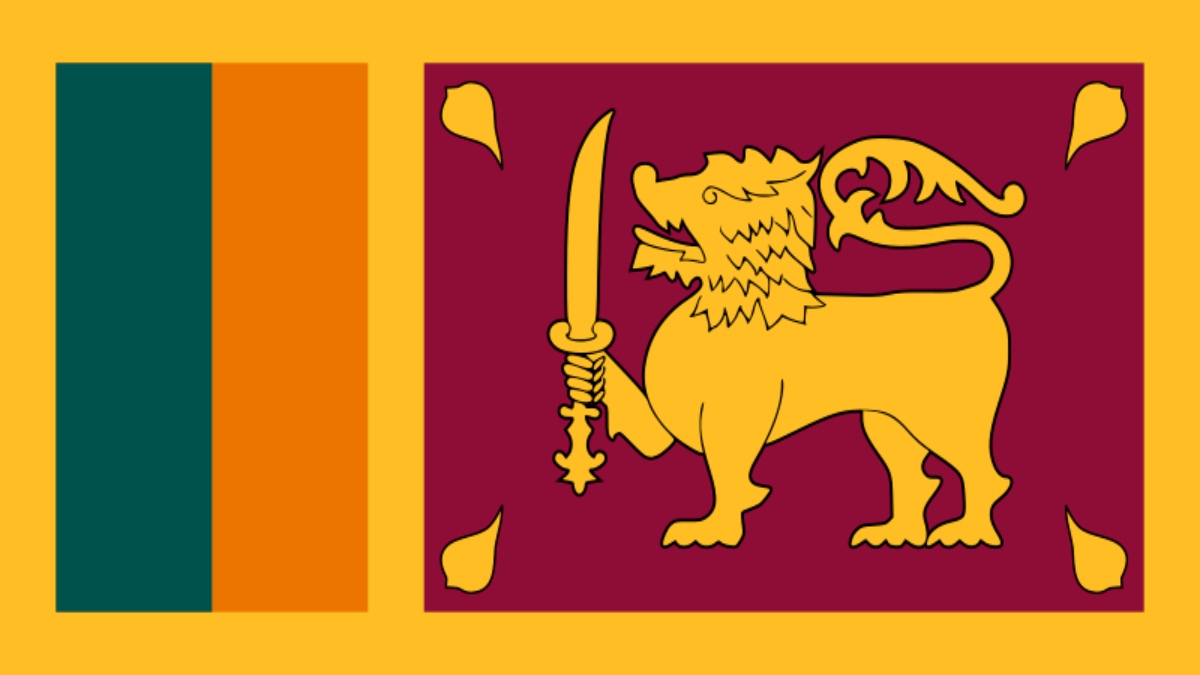


Sri Lanka’s Ministry of Defence confirmed on Saturday that a Chinese “research” vessel is set to berth at Hambantota port from 11 to 17 August for the purpose of “replenishment, including fuel”. This came after the Sri Lankan authorities denied for days that the ship, Yuan Wang 5, would be stopping at Hambantota. Used for research and survey, specifically for space and satellite tracking, the Yuan Wang class of vessels also tracks the launches of China’s rockets and ballistic missiles. The ship’s surveillance reach extends to around 750 km, a fact that has India worried because during its stay at Hambantota port, the ship has the potential to spy on India’s southern ports as well as the nuclear power and research installations located in that part of the country. The Ministry of External Affairs has said that India is closely monitoring the developments, as this may have “a bearing on India’s security and economic interests”. Sri Lankans are trying to downplay the visit by describing the vessel as a mere research ship, even though the island nation’s main opposition party, Tamil National Alliance has said that Yuan Wang 5 should not be allowed to berth at Hambantota because of India’s security concerns and that Sri Lanka should stay neutral on these matters.
It may have surprised a lot of people that this is happening in spite of India literally bailing out a crisis-ridden Sri Lanka, by extending nearly $4 billion in line of credit, apart from giving huge tranches of humanitarian aid. In spite of all this Colombo is giving China an opportunity to spy on India—China, whose contribution to help Sri Lanka during the latter’s worst ever financial crisis is hovering in the range of $45-$50 million. Colombo saying that this decision was taken by the earlier government of the Rajapaksas, is not enough. The Rajapaksas are no longer in power. They have landed their country in a financial mess and are paying a price for that. Mahinda Rajapaksa has had to give up his Prime Ministership, while Gotabaya Rajapaksa, who was President, has fled the country. How binding can the words of such a dispensation be on the current government of President Ranil Wickremesinghe? From all accounts, the Rajapaksas were immensely close to the Chinese, their occasional proclamations of maintaining equidistance between India and China notwithstanding. Compared to that, Ranil Wickremesinghe, who was in opposition, was by default seen to be pro-India and anti China. So it is surprising that Wickremesinghe is letting this take place, because any action that impinges on India’s security would be seen as Colombo choosing sides between India and China, in the latter’s favour. Sri Lanka being a part of China’s Belt and Road Initiative, Beijing already has a grip on that country as one of its biggest lenders and because it is undertaking major infrastructure work there, including building Hambantota and Colombo Port City. However, if Sri Lanka is in a financial mess, it is not just because of the Rajapaksa brothers’ wrong policies, but also because of China’s debt trap diplomacy, with Hambantota being the biggest case in point. Colombo has had to hand over the port’s commercial activities to the Chinese for failing to repay its debt. The problem is that China’s pocket is too deep, compared to India’s, and if it wants it can pour more money into Sri Lanka, although it is not willing to help it out at a time when the country is falling apart. Altruism has never been a part of China’s worldview; self-interest—both commercial and strategic—is paramount in everything it does. The Ranil Wickremesinghe government needs to remember this. Even if China bails it out, Colombo will have to pawn its soul to Beijing in the process, never to be recovered.
So what does India do when in spite of all the help it has provided to Sri Lanka, the latter shows no signs of maintaining equidistance between New Delhi and Colombo? India needs to seek guarantees from Lanka about its neutrality. The rest of the world seems to have forgotten about the Lankan crisis. No one is coming to its help at present, except for India. So conditions must be laid down, gently, before offering any further help. For one, the berthing agreement of the Chinese ship must be cancelled. And if Colombo allows the Chinese vessel to berth at Hambantota, in spite of India’s protests, India can always insist on Lanka allowing “research” ships from the Quad countries of India, United States, Australia and Japan to berth at Hambantota, or granting special shipping rights to these four countries in its waters. It is time India’s altruism came with strings attached.